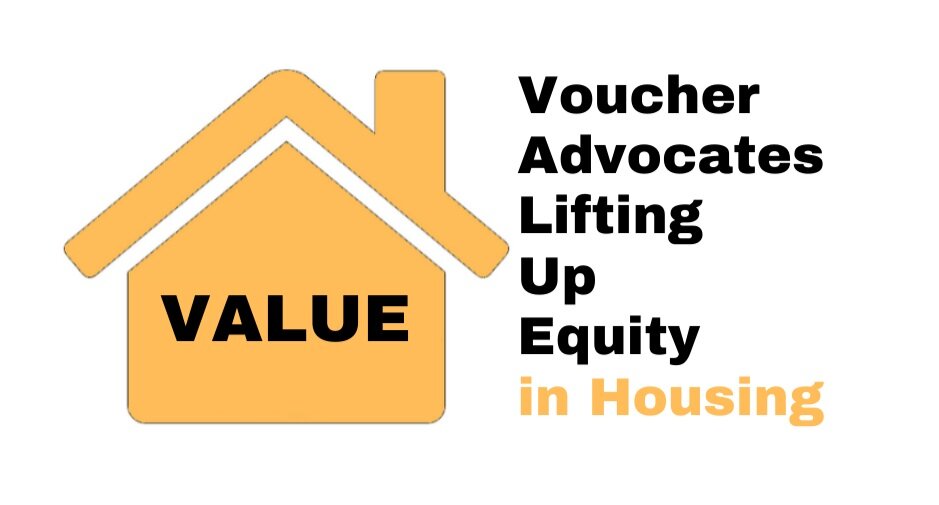
When a landlord refuses to accept your housing assistance voucher, that’s Source of Income Discrimination (SID).
And it’s against the law.

The Human Rights Law Is Clear:
Landlords and brokers cannot:
Deny an apartment based on a lawful source of income.
Refuse to accept payments from any lawful source of income.
Publish advertisements that reject or discourage applicants with vouchers.
Discriminating against tenants who seek to pay rent with a voucher is seen as a loophole for discrimination against protected classes like race or disability.
But in the years since the law changed, such investigations have evolved to include more than fining property management companies for damages for a single complainant. Through settlements, the commission is mandating companies accused of discrimination to set aside apartments in their buildings for people paying rent with vouchers.
At current payment levels, the CityFHEPS voucher falls close to $500 below fair market rent, leaving thousands of voucher holders competing with each other for the one or two units available on the market at that price range. Often these units are in far-flung neighborhoods or in buildings where the landlord doesn’t keep up with repairs, leaving tenants isolated from their support systems and struggling in apartments that are falling apart.
Speakers at the rally under Hudson Yards' giant Vessel sculpture took aim at the nearly $6 billion in tax breaks and other public funds that the complex's developers received from the city, saying it would have been better spent increasing the value of housing vouchers given to shelter residents.
The rallygoers' main demand was for the City Council to pass Intro 146, a bill introduced in 2018 and now backed by 41 council members that would raise each voucher up to fair market value, which is set by the federal government.
At $1,236 for an individual or $1,303 for a two-person household, the city’s voucher for homeless and at-risk individuals struggles to keep up with New York City’s overheating housing market.
…families — some of whom live in shelters, others who are now staying with friends or relatives — described experiencing canceled inspections, lost documents and case files, and being ghosted by their case managers.
The result is a benefits program that often doesn’t benefit anybody—and reveals the paradox of America’s housing crisis. At a time when one-quarter of American renters are spending more than half their incomes on housing, even the working families lucky enough to receive federal housing assistance often still end up without a roof over their heads.












